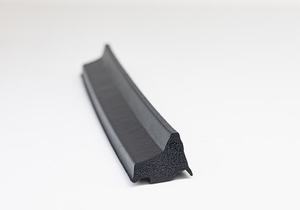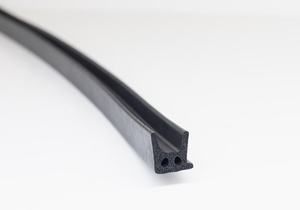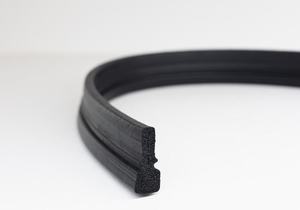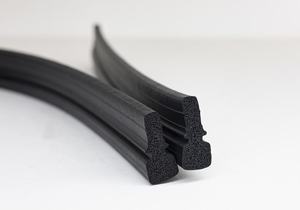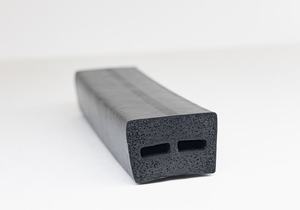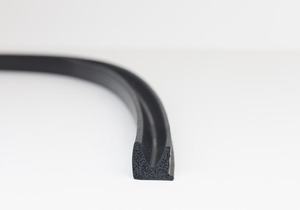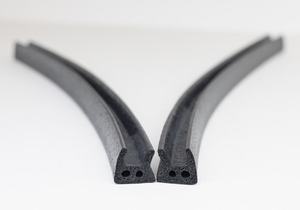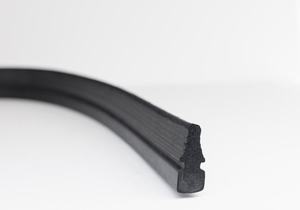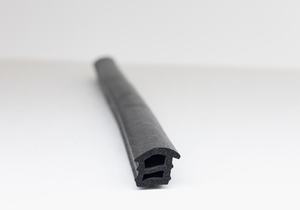Industrial seals play a critical role in various engineering applications by preventing the leakage of fluids or the ingress of contaminants in machinery, equipment, and systems. These seals are designed to withstand harsh operating conditions, including extreme temperatures, pressures, and chemical exposure, ensuring the efficient and safe operation of industrial processes across diverse sectors such as manufacturing, automotive, aerospace, oil and gas, pharmaceuticals, and more.
Functionally, industrial seals serve to maintain the integrity of enclosed systems by forming a barrier between different components, preventing the escape of liquids, gases, or solids from within while also preventing external elements from entering. They come in various forms, including o-rings, gaskets, lip seals, mechanical seals, and custom-designed seals tailored to specific applications.
One of the most common types of industrial seals is the o-ring, a circular elastomeric loop typically made from materials like rubber, silicone, or fluorocarbon. O-rings are widely used due to their versatility, cost-effectiveness, and ease of installation. They are employed in hydraulic systems, pneumatic systems, engines, pumps, valves, and many other mechanical assemblies where they provide reliable sealing against fluid leaks.
Gaskets are another essential type of seal, often used to create a static seal between two stationary components, such as flanges, pipes, or machine housings. These seals are typically made from materials like rubber, cork, paper, metal, or composite materials, chosen based on the specific requirements of the application, including temperature, pressure, and chemical compatibility.
Lip seals, also known as oil seals or shaft seals, are used to prevent the leakage of lubricants or contaminants along rotating shafts. These seals consist of a flexible lip that makes contact with the shaft, forming a barrier to contain lubricants within bearings, gearboxes, or other rotating equipment. Lip seals are crucial for maintaining proper lubrication levels and extending the service life of machinery.
Mechanical seals are employed in high-performance applications where conventional seals may not provide adequate performance. These seals feature two flat mating surfaces, one stationary and one rotating, pressed together under mechanical force to create a dynamic seal capable of withstanding high pressures and speeds. Mechanical seals are commonly found in pumps, compressors, mixers, and other rotating equipment used in demanding industrial processes.
Custom-designed seals are often necessary for specialized applications that require unique sealing solutions. These seals are engineered to meet specific performance criteria, such as extreme temperatures, pressure differentials, chemical resistance, or dimensional constraints. Custom seals may incorporate advanced materials, proprietary designs, or innovative sealing mechanisms to address the specific challenges posed by the application.
In addition to their primary function of sealing, industrial gaskets are also crucial for reducing friction, minimizing wear and tear, and improving the efficiency of machinery and equipment. By preventing leaks and contamination, seals help to maintain the reliability, safety, and productivity of industrial operations, ultimately contributing to overall efficiency and profitability. As technology advances, industrial seals continue to evolve, with ongoing research and development efforts focused on enhancing performance, durability, and sustainability in a wide range of industrial applications.
